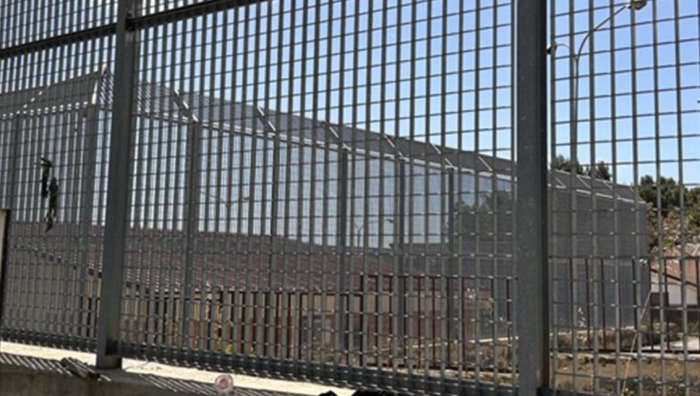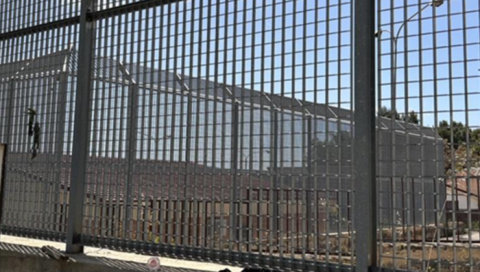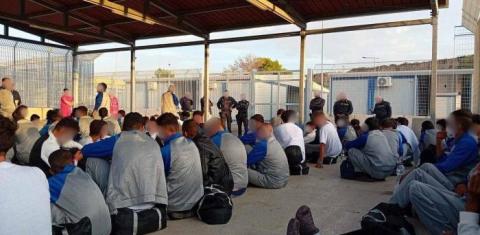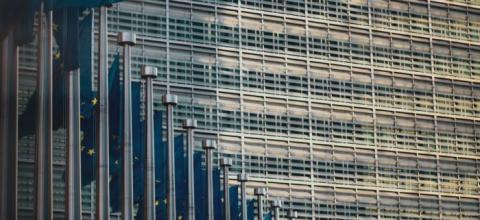
‘Unwanted’ - extraterritorialisation of border procedures and tightening of deportation regulations in Italy. Is resistance still possible?
Am 11. März 2025 stellte die EU-Kommission ihren neuen Vorschlag für die Rückführungsverordnung vor. Die Abschieberegeln sollen nun erheblich verschärft werden, und erneut ist von sogenannten „Return Hubs“ die Rede. EU-Kommissionspräsidentin Ursula von der Leyen schlägt vor, dass diese Haftzentren für Abzuschiebende auch in Nicht-EU-Staaten eingerichtet werden – in sogenannten „sicheren Drittstaaten“ (Art. 38 der Asylverfahrensrichtlinie). Kommt also die ‚Albanien-Lösung‘ der italienischen Regierung wieder ins Spiel? In unserem letzten Artikel haben wir die Frage aufgeworfen, warum Italien so großen Wert auf dieses teure und, wie wir weiter unten sehen werden, schlecht durchdachte Abkommen zwischen Italien und Albanien legt. Ein erneuter Blick auf die Lage in Italien, insbesondere auf den ‚derzeitigen Stopp‘ der Umsetzung des Italien-Albanien-Protokolls, den direkten Angriff der Regierung auf die Unabhängigkeit der Justiz und die damit verbundenen Herausforderungen für den Rechtsstaat, ist entscheidend, um die jüngsten politischen Entwicklungen der EU in den Bereichen Asyl und Rückführungen zu verstehen.
Language(s): Deutsch / German Publisher: Maldusa, borderline-europe



